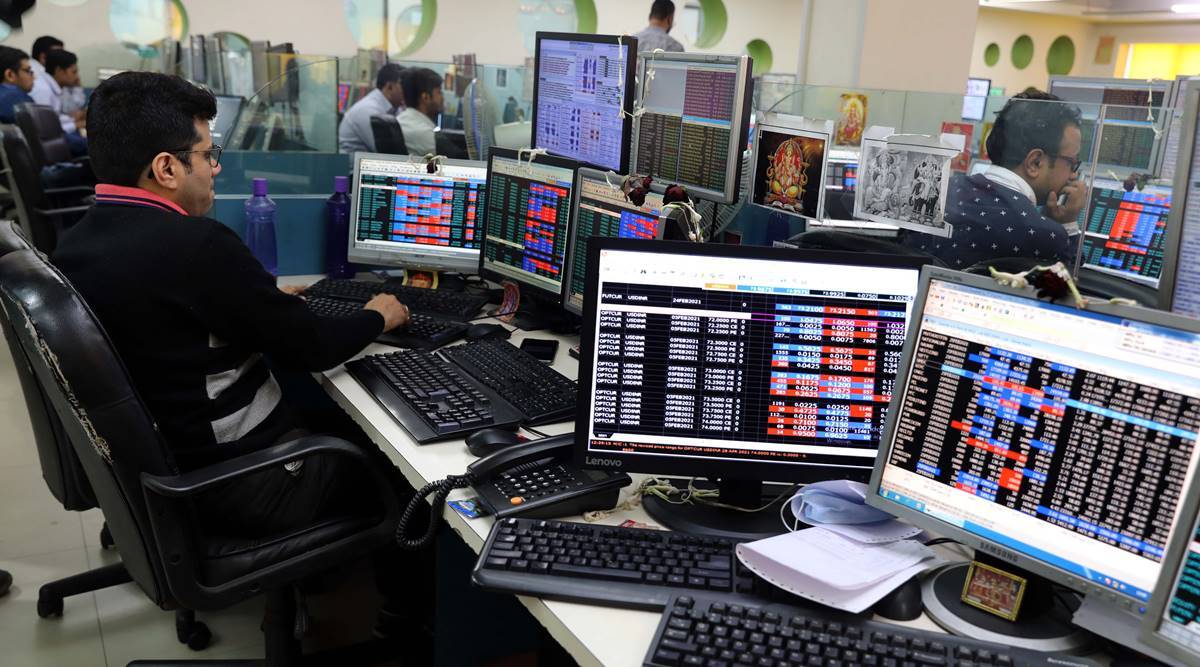Big Data: What Is the Fuss all about?
Amazon, Netflix, Google, and Facebook; what’s common among all of these companies? The fact that they are the top companies in the world? Close enough but what are the other similarities in these companies?
Maybe it is the fact that all of these companies are internet-based. Okay so now we are warming up. Amazon, as we all know, is one of the biggest e-commerce stores in the world, Netflix is the king of streaming services just like Google is the king of search engines, and Facebook, well, is still the biggest social media platform though not necessarily the most popular one.
The one factor that unites these giants and feeds their supremacy is Big Data!
What is Big Data?
The term Big Data refers to the large amounts of data that is so complex that it is not possible to process it using conventional methods. The accumulation of data for analysis has been going on for several years now but the concept of Big Data truly gained momentum in the early 2000s when Doug Laney defined Big Data using the 3 Vs:
Volume
Companies acquire data from sources like business transactions, IoT devices, industrial equipment, social media, and videos. In the past, storing vast volumes of data was very challenging but with the availability of new data storage platforms, the job has become a lot easier.
Velocity
Increased development in the Internet of Things and internet technology, in general, has resulted in data being streamed at a very fast rate. The increased data transmission speed has also led to a growth in the need for tools, which allow companies to handle data at incredibly high speed and implement the data insights promptly.
Variety
Data is available in different formats; it can be quantitative or qualitative, it can also be structured or unstructured. It is the responsibility of a data scientist to analyze different kinds of data and present their findings in a legible form so that the company management can take action accordingly.
Over the years, analysts have added two additional V’s to the 3 we just mentioned previously. The additional V’s are:
Variability
In addition to being fast and complicated, data is also unpredictable. It changes regularly and businesses need to be on their toes at all times to adapt to sudden changes.
Veracity
Since data comes from different sources hence it can be challenging to link, match, and cleanse it across multiple platforms. In worst-case scenarios, the inability to link data properly can lead its spiraling out of control. This makes veracity so important. It refers to the quality of the data. The higher the veracity, the more valuable the data would be.
Why is Big Data Important?
So now that we know what Big Data is, the next question is; what makes Big Data so important? Business owners need to understand that simply having access to a large amount of data is not enough, it is what they do with the data that truly matters.
To put this into perspective, consider the following example; suppose your company offers discounts on Windstream’s new services. The data suggests that the discount offer is successful and the majority of the orders have been generated from cities located near the West coast.
Using this information, you can focus all of your marketing efforts to reach audiences in that specific region. Furthermore, using the data available you can reach out to lookalike audiences in other parts of the country as well.
The example highlights how companies benefit from Big Data. The major advantages that companies get through big data include:
- Cost reductions
- Time reductions
- Development of new products and offerings
- Smart decision making
Combining big data and analytics allows companies to identify the root cause of failure and ensure that a similar situation does not arise in the future, create discount vouchers for customers based on their preferences, recalculate entire portfolios and identify potential frauds.
Sectors Affected by Big Data
Considering the value of Big Data, it is no surprise that it has had such a drastic impact on various business sectors. Some examples include:
1. Banking and Finance
Banks have all the financial data of their customers and they can use the data to screen potential loan requests, conducting risk assessments, and cross-selling other products such as insurance.
2. Entertainment
There was a time when the media and entertainment industry were limited to specific mediums but with the digital revolution, a lot of things have changed. Using big data, television network executives and game developers get an insight into customer preferences and behavior.
It tells them which television show is a hit among the audiences so that they can decide upon the broadcast time accordingly.
3. Healthcare
Using big data, healthcare providers can keep track of a patient’s health remotely and administer care over long distances. Patients’ past data also allows hospitals to come up with the appropriate caregiving strategy and optimize healthcare for all patients.
4. Education
Using big data, teachers can get an idea about the students learning habits and provide them with educational methods tailored specifically to their student’s needs. Big data is also useful for developing student’s career strategy and to guide them properly.
5. Online Retail
Companies like Amazon have reached dizzying heights in a span of just a couple of years, all thanks to Big Data. Using big data, companies such as Amazon and eBay directly reach out to customers and generate sales.
Big data also allows e-commerce stores to address lapses in their supply chain to ensure a smoother shopping experience for the customers.
Challenges that Big Data Faces
While big data has revolutionized the IT industry, it does have its fair share of challenges. One of the biggest challenges in localization; customers don’t know in which part of the world their data is located.
There is no proper legal framework in place for data rights so companies can easily get away with using customer data for their own gains. Needless to say, it can lead to serious ramifications.
Privacy and data security have been serious issues for companies since the time the digital revolution started and it is an issue that needs to be addressed for big data to replace oil as the most valuable commodity in the world!










